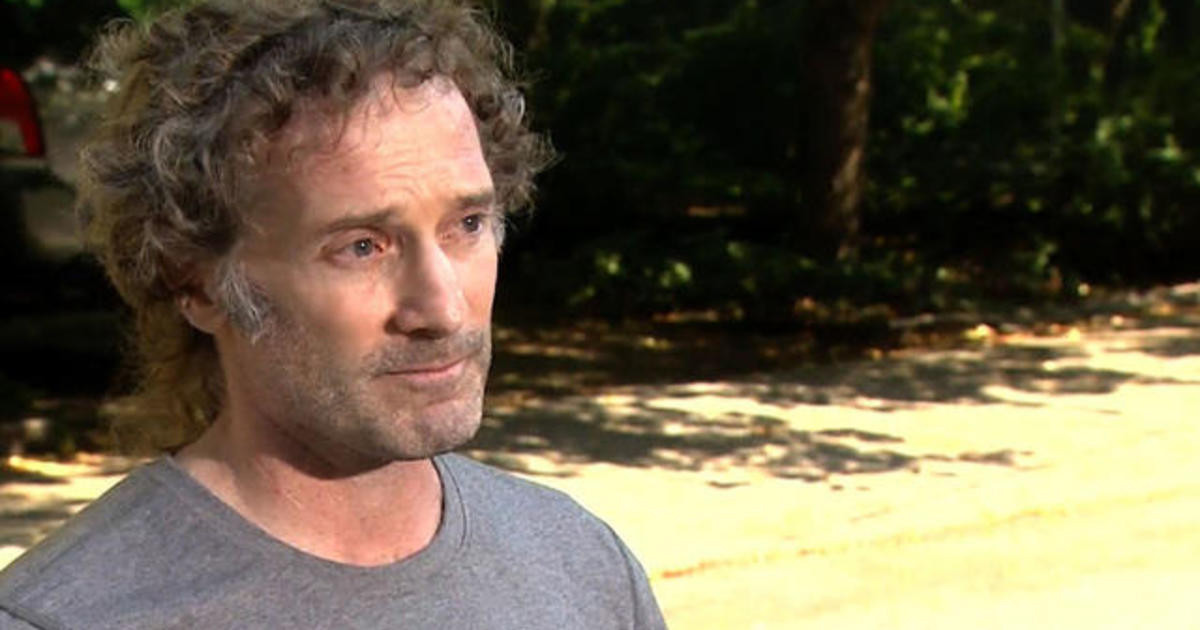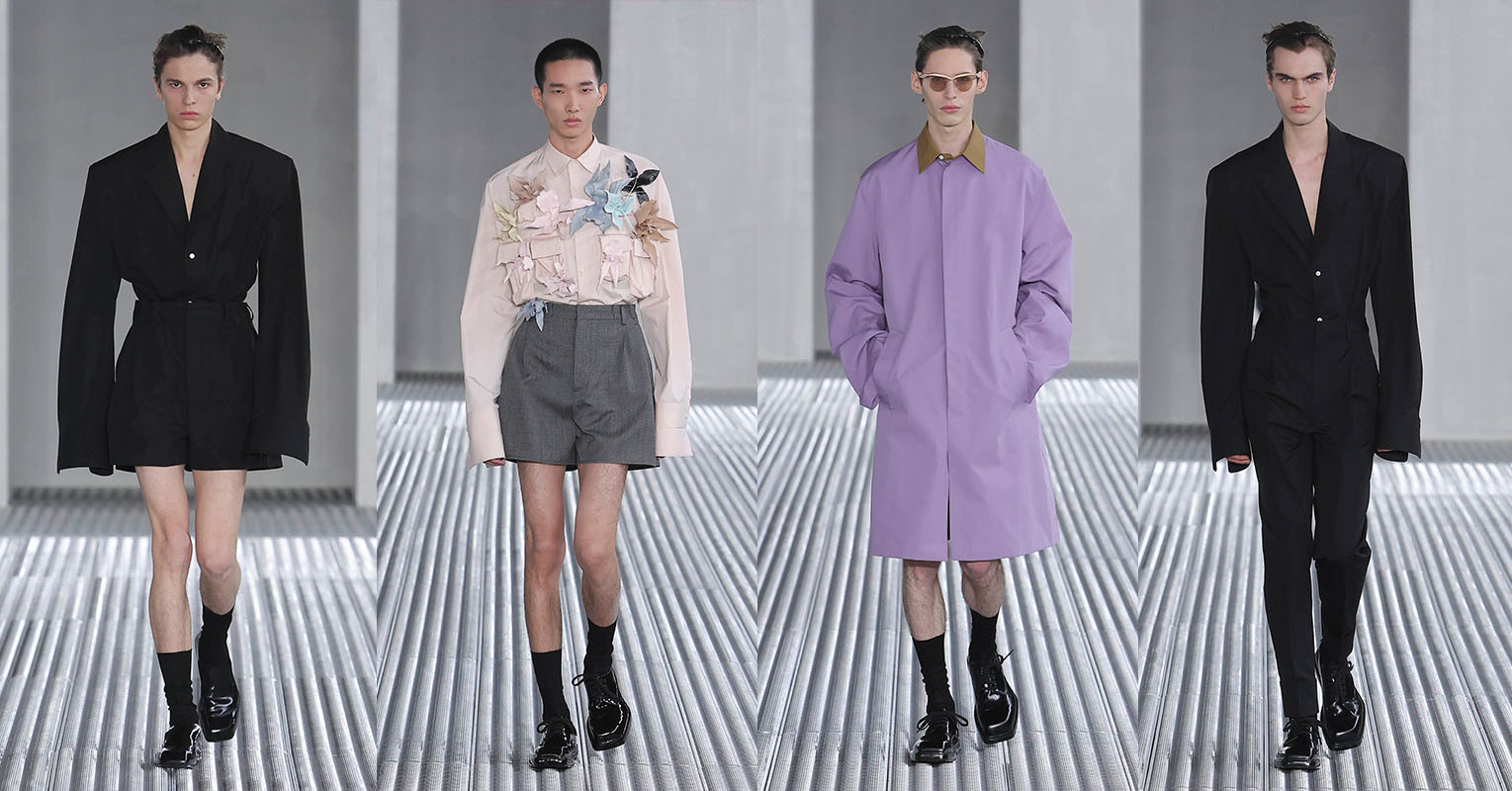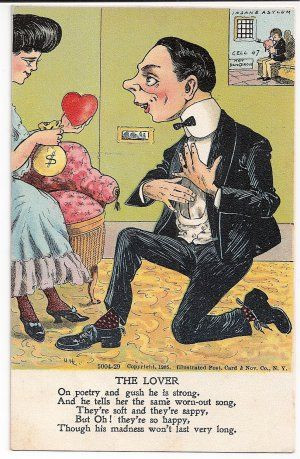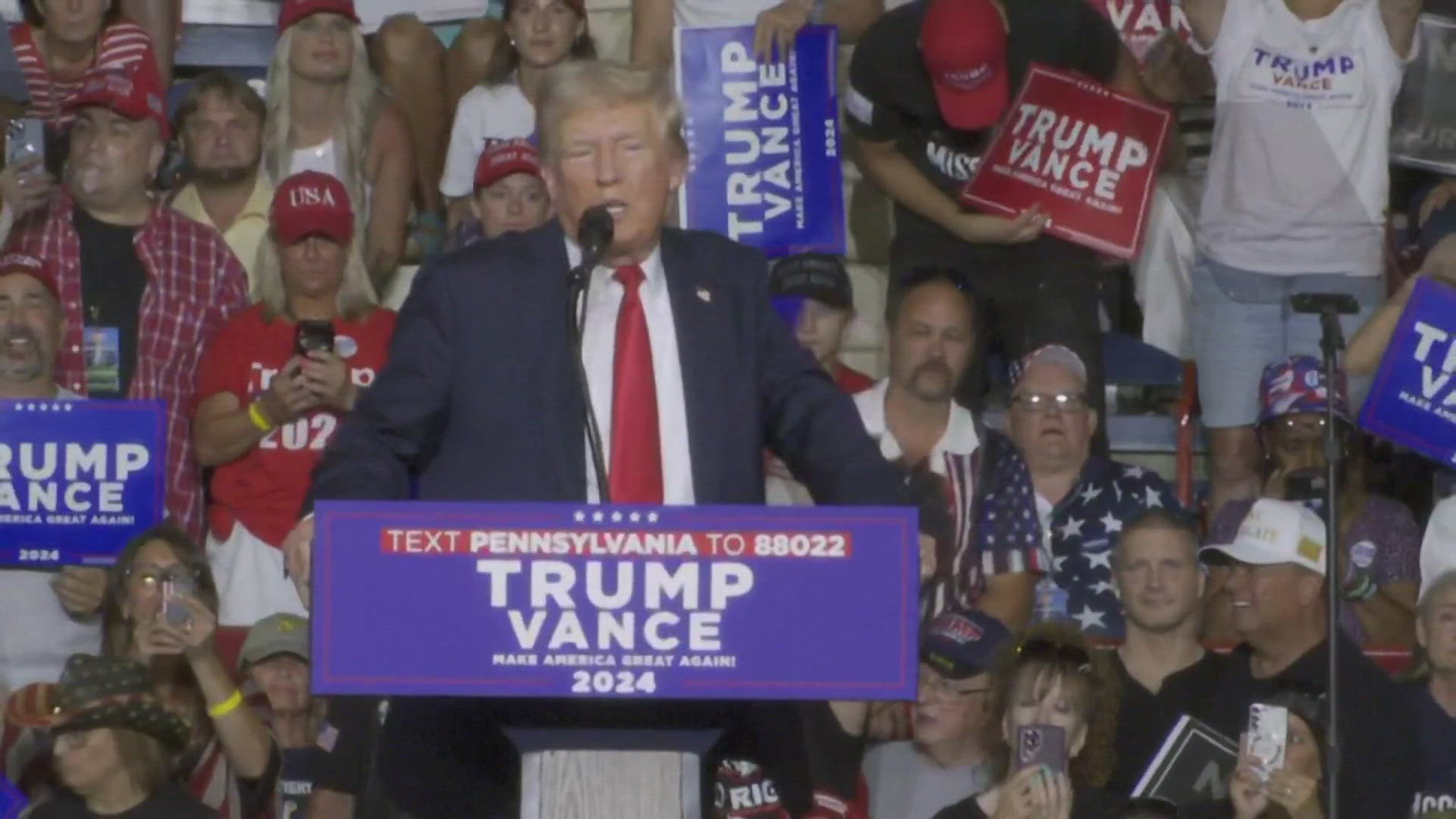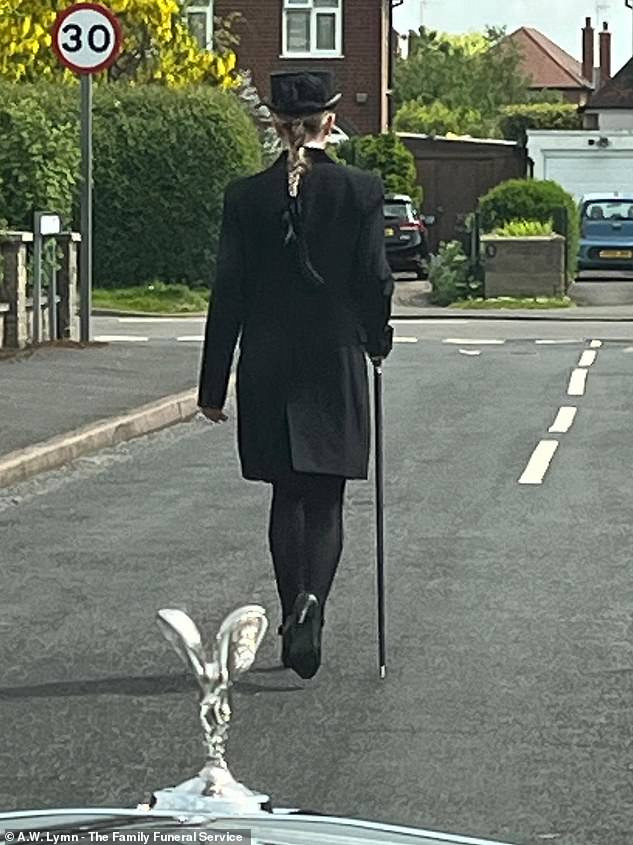It was heartening to see the US journalist’s playful manner after his ordeal but he was in earnest when talking about helping those still incarcerated.
For a few seconds, no one even noticed that Evan Gershkovich had taken his first steps back on US soil as a free man.
All eyes were on Paul Whelan, the ex-marine who had spent more than 2,000 days in a Russian prison, mostly in obscurity as his family implored the White House to bring him home. Now Joe Biden was holding him by the elbow, while the vice-president, Kamala Harris, looked on.
But then Harris turned around and spotted Gershkovich, who threw his arms out as if to say: “Here I am!” She mimicked him in mock surprise. Then they hugged. It was a moment.
Soon, Gershkovich came over to his mother, Ella, who had lobbied presidents, chancellors and senior officials to assemble a complex and precarious prisoner swap that would release him from a Russian jail. He lifted her off the ground in a big bear hug. Another picture-perfect moment.
Finally, he strolled over to the more than 100 waiting journalists, ready to greet colleagues and field questions despite the fact he’d been released just that morning. Asked how it was to be free, he barely thought and said: “Not bad.”
He also spoke about his feelings boarding the bus with the other freed detainees on Thursday and said he was happy to see Russians on board as well.
“There’s one thing I would like to say. It was great to get on that bus today and see not just Americans and Germans but Russian political prisoners.
“I spent a month in prison in Yekaterinburg where everyone I sat with was a political prisoner. Nobody knows them publicly, they have various political beliefs, they are not all connected with Navalny supporters, who everyone knows about. I would potentially like to see if we could do something about them as well. I’d like to talk to people about that in the next weeks and months.”
Hundreds of journalists – some of them friends – came to the base to catch their first glimpse of the freed detainees who, combined, had spent nearly a decade in Russian captivity. They were among 16 American, Russian dissident and German prisoners freed by Russia, in exchange for eight Russians freed by the US, Germany, Norway, Slovenia and Poland. Those returning to Russia included a number of undercover spies and a convicted Russian Federal Security Service (FSB) assassin whom Vladimir Putin had obsessively sought to free from German prison for years.
Plight of Other Political Prisoners
For the friends and colleagues watching, there was something heartening in how naturally Gershkovich behaved, how casual the whole performance was. There was a playfulness to it, a humour and nonchalance that was distinctly familiar to a time before he was arrested and became a household name in the US and around the world.
But there was also something deeply earnest in his response to the 491 days he had spent in Russian prison for espionage, a sense of purpose and gravity of the moment that befits the largest prisoner swap since the cold war.
He hugged like it mattered. He looked you in the eye as you spoke. And, when he discussed the plight of the political prisoners who remained behind in Russia, his eyes became misty. This was a issue that he seemed to have taken to heart.
In a mere hour in public at the airbase on Thursday, he hit all the right notes to put those around him at ease. It was vaguely political at moments, the quick back-and-forth with the press corps feeling almost like a brief campaign stop before getting back on the jet. But, as he adjusts to a celebrity thrust upon him, Gershkovich seemed oddly at ease, and at home.
The Swap and Beyond
The prisoner swap, the largest since the cold war, was a complex affair involving the release of 26 prisoners held in seven different countries. The deal saw Russia release 16 individuals, including Gershkovich, in exchange for eight Russian prisoners held in the US, Germany, Norway, Slovenia and Poland. Among the released Russians were a number of undercover spies and a convicted FSB assassin.
Gershkovich’s release was widely celebrated. In his first public remarks after touching down in the United States, he expressed his gratitude for the efforts of those who worked to secure his freedom and highlighted the importance of the press. He also expressed concern for the plight of other political prisoners still held in Russian jails.
“Today was a really touching moment… but I think it would be good to see if we can potentially do something about them as well,” he added.
The Future of US-Russia Relations
The prisoner swap has been met with mixed reactions. Some have praised the Biden administration for securing the release of Gershkovich and other detainees, while others have criticized the deal, arguing that it sends a bad precedent and that Russia got the better end of the bargain.
The swap has also raised questions about the future of US-Russia relations. Some experts believe that the deal could signal a potential thaw in relations between the two countries, while others are more cautious, noting that the relationship remains strained and that there are significant differences between the two countries on a range of issues, including the war in Ukraine. The deal, however, is a reminder that even in the midst of deep divisions, dialogue and diplomacy can sometimes lead to progress.
Gershkovich’s release and the plight of other political prisoners in Russia highlight the importance of freedom of expression and the ongoing challenges in the fight for human rights. His call for action to help those still behind bars underscores the need for continued attention to the issue of political prisoners around the world. The fact that he was willing to speak out on behalf of others even as he is still adjusting to life as a free man is a testament to his courage and commitment to justice.
A Call to Action
Gershkovich’s plea for action for other political prisoners underscores the importance of continued vigilance in the fight for human rights around the world. The swap serves as a reminder of the complexities of diplomacy and the need for continued efforts to secure the release of all those wrongfully detained.
The prisoner swap serves as a reminder of the complexities of diplomacy and the need for continued efforts to secure the release of all those wrongfully detained. It is a testament to the power of perseverance, the resilience of the human spirit, and the strength of international cooperation in the face of adversity.




